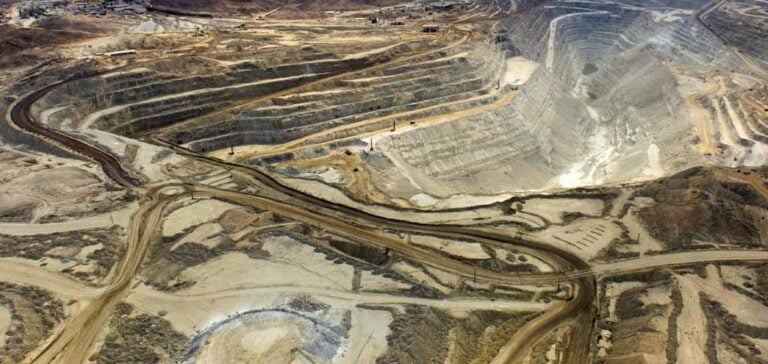Since 2012, China General Nuclear Power Corporation (CGN) has established itself as a key player in resource extraction in Namibia, particularly through its investment in the Husab uranium mine. The report recently published by CGN, in collaboration with Africa Policy Institute (API), highlights the impact of mining companies on the country’s economic and social development while identifying major challenges they face.
The study emphasizes the central role of the mining sector in Namibia’s economic growth. Mines significantly contribute to the national GDP, job creation, and increased tax revenues. In the case of the Husab mine, CGN’s investments have implemented responsible industrial practices aligned with sustainable development principles. However, the analysis also reveals structural obstacles, such as global market fluctuations and a shortage of specialized skills, which hinder the sector’s potential.
Collaboration Required for a Sustainable Future
To address these challenges, CGN advocates for a collaborative approach among economic stakeholders, governments, and local communities. Such coordination could strengthen the sector’s resilience to market volatility and ensure a more equitable distribution of economic benefits. The report also suggests strategies to attract more foreign investments, promote local workforce training, and integrate advanced technologies into mining operations.
A Model for Extractive Industries in Africa
The initiative by CGN and API offers valuable lessons for other African countries seeking to sustainably harness their natural resources. The approach proposed in the report, based on multi-stakeholder dialogue and innovation, illustrates how mining companies can become catalysts for social progress while minimizing their environmental footprint.
By showcasing the example of the Husab uranium mine, CGN demonstrates that mining can go hand-in-hand with inclusive growth. However, this requires constant engagement from all stakeholders to overcome challenges and maximize the opportunities the sector offers.





















